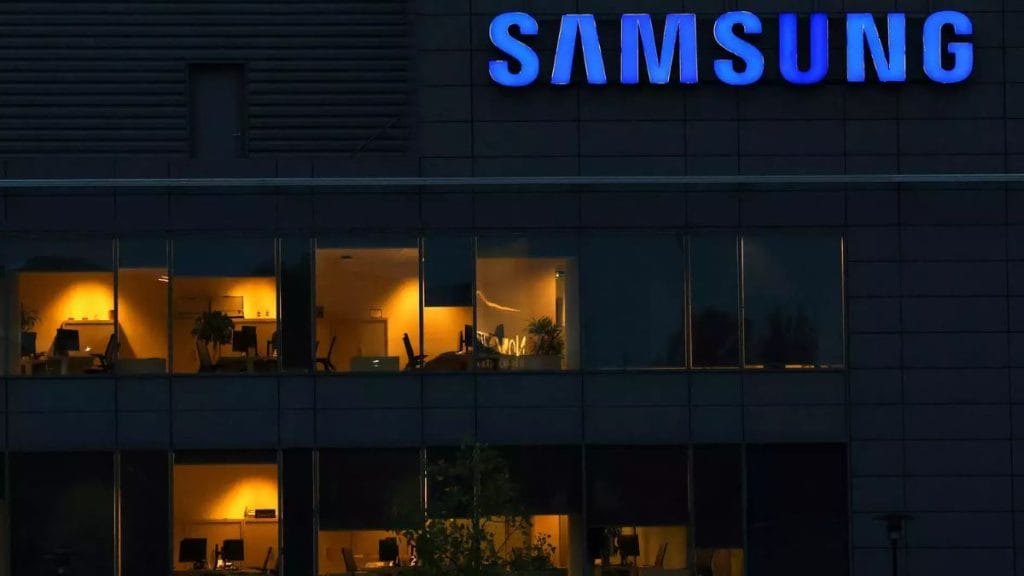New Delhi: According to reports with knowledge of the situation, Samsung Electronics would begin manufacturing laptops in India the next month, supporting the government’s efforts to promote domestic manufacture through a combination of cash incentives, tax advantages, and import restrictions.
To assist the manufacture of laptops, Samsung’s Greater Noida plant has been extended.
Even though the Indian government decided not to restrict laptop imports, Samsung will still join a number of other laptop manufacturers in setting up operations in India.
The factory officially opened in 2018, and it has the distinction of being the biggest mobile phone factory in the world. A recent addition to it is a laptop manufacturing facility with an estimated yearly capacity of 60,000–70,000 units.
Although this figure looks small in comparison to what Dell, Lenovo, and HP manufacture in India, it represents a significant advancement for Samsung, which has historically been a small participant in the country’s laptop market.
An investment of ₹100 to ₹200 crore is anticipated to be required for the construction of this laptop manufacturing capability. Unfortunately, as of Monday night, no one has responded to inquiries made to a Samsung India spokesman.
According to industry executives, Asus is collaborating with US-based Flextronics, which has applied for the revised PLI scheme. The contract manufacturer currently makes products for HP.
Acer, a Taiwanese company, also stated that it is now in an advanced phase to increase its manufacturing footprint in the nation. Dixon is apparently in talks with HP and Lenovo to enhance local production. It’s noteworthy that both businesses already have manufacturing operations in India.
The change occurs as the federal cabinet approves the segment’s new PLI programme; an import management system is also being established by the Ministry of Electronics and Information Technology and the Directorate General of Foreign Trade under the Ministry of Commerce.
Which would cost Rs 17,000 crore; the government reported that it had received 40 bids totalling Rs 22,890 crore, greatly exceeding the budget for the programme. The administration has not yet made public the whole list of programme participants.
Companies importing servers, laptops, and other IT devices will need to register under this scheme starting on November 1 and limit their imports through yearly limits. The government intends to let a certain number of goods be imported annually, with a steady decrease over succeeding years. After six years, these limitations are up for revision.
83-85%, somewhere around $8 billion worth of laptops sold in the nation are imported. The main obstacle will be India’s declining laptop and PC industry, which has been going backwards for the previous four quarters from April 2022.
IDC India data shows that in comparison to the 10–11 million units sold in 2022, around 4.5 million devices were sold in the six months leading up to June 30.





